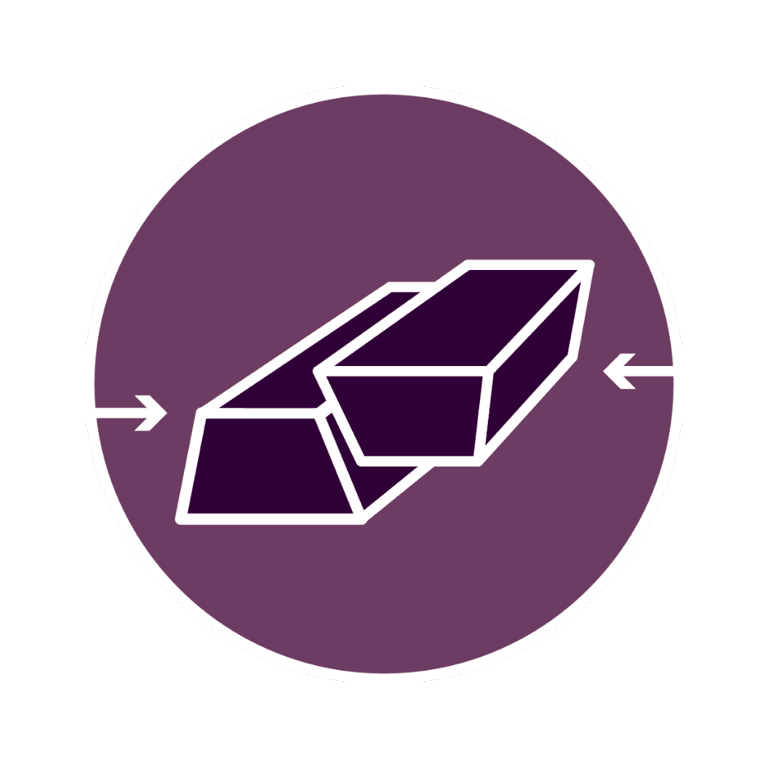Near-Fault Observatories (NFOs) continuously integrate and harmonise data, scientific products, and services within the EPOS frame. The NFO community relies on both their own services and different Thematic Core Services (TCSs) for access to a wide range of raw data and products.
Seismological data (waveforms, earthquake parameters and strainmeters), geodetic data (information from GNSS stations), geological maps, satellite data, and geochemical data have distinct data formats and metadata. The TCS NFO works to link the most diverse data collected by individual NFOs into a network of observatories with common monitoring standards, protocols for observation and data access and distribution channels. These multidisciplinary data and products are then integrated, stored and distributed within TCS NFO services, thus facilitating research.
FRIDGE
FRIDGE is the NFO community common portal for all the different NFOs’ data and products, where users can discover all the available data and download the NFO specific data and high-level data products. All the TCS NFO services for multidisciplinary data and scientific products discovery and access are supported by standard formats and proper metadata descriptions.
FRIDGE hosts a virtual environment, common to all the EU Near Fault Observatories, with simple visualisation tools for multidisciplinary data. It allows users to better understand the level of knowledge about the anatomy and attitude of the studied faults as well the comparison of multidisciplinary data collected in the same time interval and location.
CREW
NFOs are key facilities in the effective risk mitigation of earthquakes since they continuously monitor seismic activity near faults. CREW, the EU Testing Center for Earthquake Early Warning (EEW) and Source Characterization, is a facility that ingests real-time data and evaluates the performances of EEWs, based on the accuracy in the earthquake characterization (in terms of detection, location, magnitude estimation and ground motion prediction) and on the rapidness of the alert.
The CREW is hosted by the Irpinia NFO, which is based on Virtual Machines, where all tested software can run with the same resources for fair comparison. A web interface reports the results of the performance evaluation. This information will help the community to build the next generation of real-time EEW systems for real-time risk mitigation.
